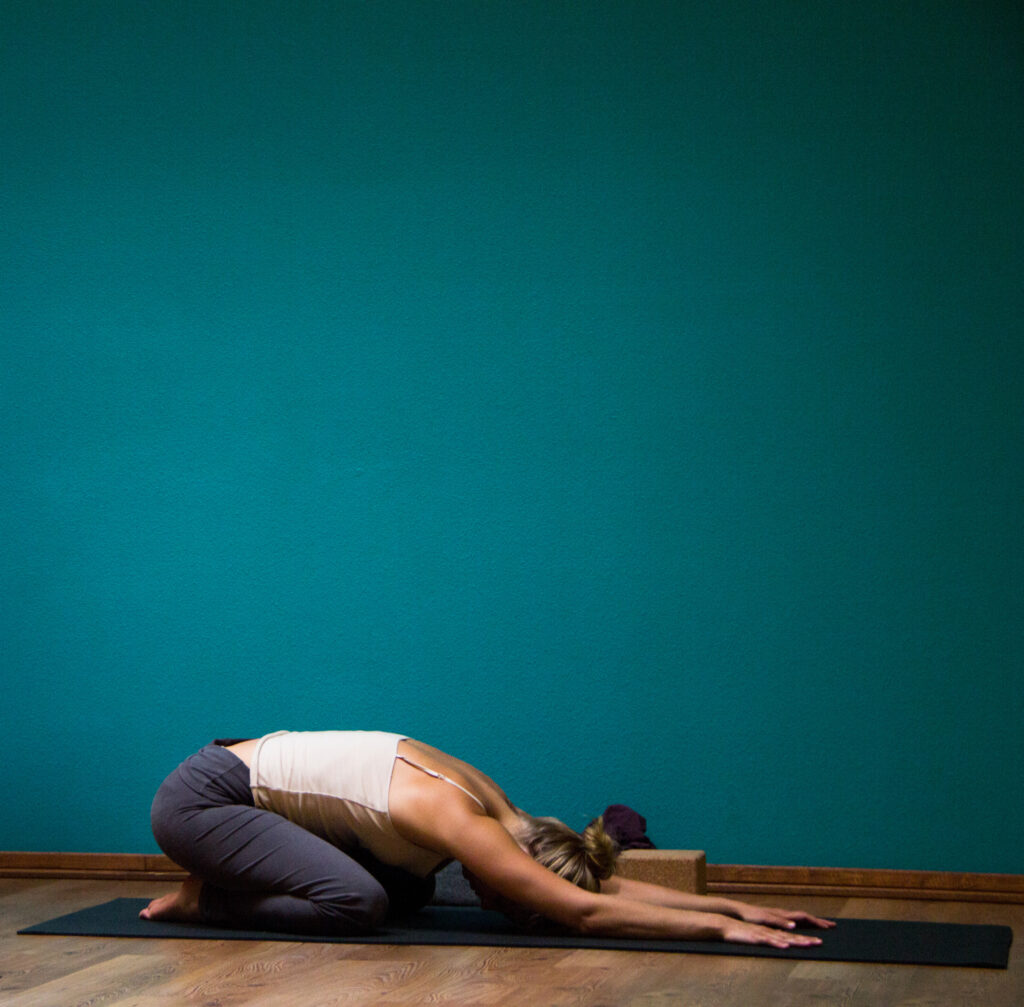In a new study published in The Journal of Alternative and Complementary Medicine, Boston-based researchers discussed findings of a yoga and controlled breathing intervention on depressive symptoms. The authors found that symptoms declined significantly for individuals who received either a high dose or a low dose of the intervention.
“This dosing study provides evidence that participation in an intervention composed of Iyengar yoga and coherent breathing is associated with a significant reduction in depressive symptoms for individuals with MDD, both on and off antidepressant medications.”

Depression is one of the most commonly diagnosed disorders and is often treated with medication. However, up to 50% of individuals using pharmacological interventions for depression (e.g. antidepressants) do not achieve remission. Further, these medications have been shown to have low efficacy and often have unwanted side effects. Researchers of these medications have even made calls to review the availability of alternative treatments before offering medication.
Yoga and other meditative practices have been found to have a positive impact on individuals with depression. Slow breathing and other yoga-based interventions have also been shown to help improve depressive symptoms. For this study, researchers combined Iyengar yoga and controlled breathing and assessed the impact of this intervention on depressive symptoms in individuals diagnosed with Major Depressive Disorder.
The researchers recruited participants who met the diagnosis of Major Depression Disorder, between 18 and 65 years old. Individuals who had started taking a stable dose of antidepressants at least 3 months before the study were also allowed to participate. The intervention was modified so that a coherent breathing exercise was added to the Iyengar protocol, to heighten the benefit of the treatment. The intervention lasted for 12 weeks, and participants were asked to complete homework practices, as well. Individuals were randomized to either a high-dose group, in which they completed three 90-minute classes and four 30-minute homework practices per week, or a low-dose group in which participants completed two 90-minute classes and three 30-minute homework practices per week.
Both groups were found to be comparably compliant with the protocol and were not statistically different in terms of depression severity. There were no significant differences in response or remission between the dose groups. More participants in the high-dose group had decreased depressive symptomatology, however, the researchers still believe that the low dose is an effective way to treat the symptoms. The adverse event most commonly reported was transient muscle soreness associated with the intervention.
Although the authors caution that the research had a small sample size and lacked a non-yoga control group, they state that the intervention has the potential to be a new avenue with which to significantly decrease depressive symptoms.
****
Streeter, C. C., Gerbarg, P. L., Whitfield, T. H., Owen, L., Johnston, J., Silveri, M. M., … & Hernon, A. M. (2017). Treatment of major depressive disorder with Iyengar yoga and coherent breathing: A randomized controlled dosing study. The Journal of Alternative and Complementary Medicine, 23(3), 201-207. (Abstract)















Yoga is cool and no one has posted, so just one from me to say – good stuff 🙂
Report comment
I concur! I know I feel better after yoga, physically, spiritually, and Mentally.
And yes, Yoga is cool! May the source be with you! Namaste’
Report comment